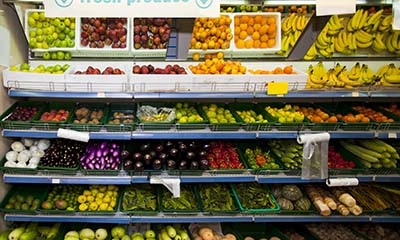December 1, 2017

In 2010, the Food Safety Modernization Act (FSMA) was passed with the intent on regulating fresh produce marketed in the United States, as nearly half of all foodborne illnesses in the United States are linked to fresh produce. The Food and Drug Administration, the agency in charge of FSMA, describes it as a way to “ensure U.S. food supply is safe by shifting the focus from responding to contamination to preventing it.”
Is it working?
“I would assess this more as a band aid than a cure-all,” says John Bovay of the University of Connecticut.
Bovay is part of a team of researchers who looked at the impact of FSMA from several points of view in the paper “Economic Effects of the U.S. Food Safety Modernization Act,” which was selected to appear in the journal Applied Economic Perspectives and Policy.
Bovay used the fresh tomatoes industry as a case study into FSMA. The paper looks at the impact on farmers, both large and small, and why some benefit from FSMA more than others. The paper also looks at the potential benefits and disadvantages to domestic growers due to new regulations.
As for the cost to the consumer, and the foodborne illness concerns FSMA was created to prevent? Bovay says the jury is still very much out on that.
FSMA will reduce the number of food-borne illness cases by some unknown amount. Even if FSMA is effective, because it is similar to many private and state rules and regulations already in place, I don’t have a lot of confidence that this is going to drastically diminish the number of illnesses.”
Source: Agricultural & Applied Economics Association
You May Also Like




